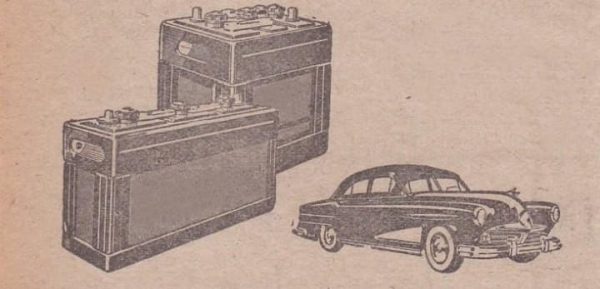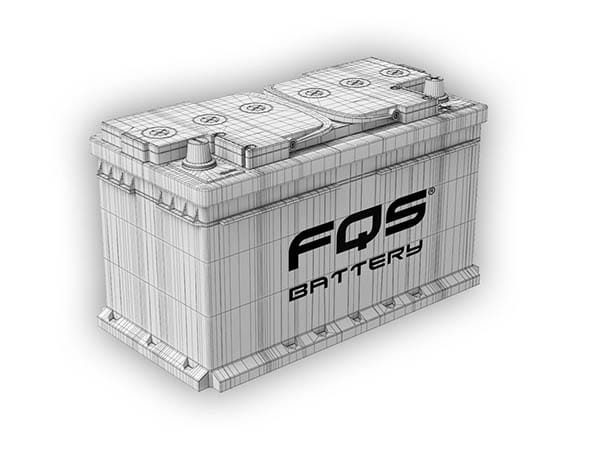In FQS BatteryWe've frequently received questions about battery storage and the supposed discharge that occurs if batteries are placed directly on the ground. This myth has a historical basis, but it's not a real problem today. Below, we explain why this idea persists and the truth behind it.
Origin of the myth
More than 50 years ago, batteries had casings made of rubber, a material that was less efficient than modern casings. Back then, industrial floors, usually made of concrete, accumulated a lot of moisture. When batteries were placed directly on this type of surface, discharge could occur due to the combination of moisture and the properties of the rubber.
However, technology has advanced significantly. Today, battery housings are made of polypropylene, a material that has eliminated this problem completely.

Why is polypropylene used in batteries?
He polypropylene It is the standard material in the manufacture of battery housings due to its excellent properties:
- Chemical resistance: It is highly resistant to chemicals such as sulfuric acid, preventing deterioration of the casing.
- Durability: Withstands mechanical impacts, vibrations and extreme temperatures.
- Lightness: Its low weight contributes to improving the vehicle's efficiency.
- Electrical insulation: Provides excellent short circuit protection.
- Molding capacity: Allows for the manufacture of precise and sealed housings.
- Heat resistance: Maintains stability in high-temperature environments, such as engine compartments.
- Recyclability: It is a recyclable material, which makes it more sustainable.
Thanks to these properties, polypropylene ensures that modern batteries do not discharge due to contact with concrete or wet floors.

Battery Self-Discharge: What Really Matters
Although a battery will not discharge from being stored on the ground, it is important to consider the self-discharge, a natural phenomenon that occurs over time. This process depends on storage conditions, especially temperature:
- An AGM battery stored at 0 °C retains 90 % of its capacity for approximately 6 months.
- If stored at 40 °C, loses up to 50 % of its capacity in just 4 months.
Our solution at FQS Battery
In FQS BatteryWe have fully climate-controlled storage facilities that maintain a constant temperature to minimize charge loss and ensure maximum efficiency of our batteries. We also implemented the FIFO ("First in, first out"), which ensures that batteries with the longest storage time are distributed first. This guarantees optimal rotation and keeps our batteries in the best condition for our customers.

Conclusion
The myth that batteries discharge when stored on the ground is a thing of the past. Thanks to advances in materials like polypropylene and modern storage practices, this problem no longer exists. FQS BatteryWe ensure that each battery maintains its quality and performance, so we can always offer the best to our customers.


